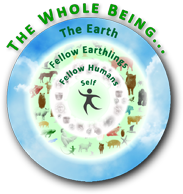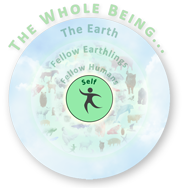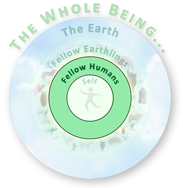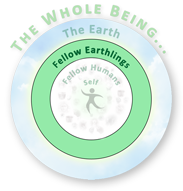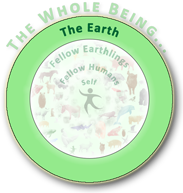Resource Library
To narrow down the list to only resources personally endorsed by CNCL, tick the “CNCL-Endorsed” box.
Please let us know if you find any errors or dead links.
Click here
for a list of…![]()
Broad-Coverage Independent News
& Media Sites
“The choices we make about our food matter. The meat and dairy industry’s relentless quest for profit is putting all of us at risk as enormous factory farms force cheap, health-threatening products into our grocery stores and onto our plates. It’s time to choose a better way.” Book: “Prof. Gary L. Francione and Prof. Anna Charlton, who are long-term vegans, explain why our use of animals for food runs counter to the widely shared moral intuition that harming animals unnecessarily is wrong. They address the 30+ most heard questions and objections regarding a vegan diet, and show that none of our excuses for eating animals works. Packed with clear, commonsense thinking on animal ethics, without jargon or abstract theory, this short and clearly written book will change the way you think about what you eat.” Book: “Now in paperback, after selling more than 35,000 copies in hardcover, Eat Right, Live Longer is an 8-step program that shows readers how to use specific vegetarian food choices to prevent disease, while promoting longevity and a lifelong feeling of vitality. Includes recipes and menus by Jennifer Raymond.” “Browse and comment on articles concerning cutting-edge food news and healthy living suggestions.” Book: “Part memoir and part investigative report, Eating Animals is the groundbreaking moral examination of vegetarianism, farming, and the food we eat every day that inspired the documentary of the same name. Bestselling author Jonathan Safran Foer spent much of his life oscillating between enthusiastic carnivore and occasional vegetarian. For years he was content to live with uncertainty about his own dietary choices-but once he started a family, the moral dimensions of food became increasingly important. Faced with the prospect of being unable to explain why we eat some animals and not others, Foer set out to explore the origins of many eating traditions and the fictions involved with creating them. Traveling to the darkest corners of our dining habits, Foer raises the unspoken question behind every fish we eat, every chicken we fry, and every burger we grill.” “How much do you know about the food that’s on your plate? Based on the bestselling book by Jonathan Safran Foer, narrated by co-producer Natalie Portman, and directed by Christopher Quinn (GOD GREW TIRED OF US), Eating Animals is an urgent, eye-opening look at the environmental, economic, and public health consequences of factory farming. Tracing the history of food production in the United States, the film charts how farming has gone from local and sustainable to a corporate Frankenstein monster that offers cheap eggs, meat, and dairy at a steep cost: the exploitation of animals; the risky use of antibiotics and hormones; and the pollution of our air, soil, and water. Spotlighting farmers who have pushed backed against industrial agriculture with more humane practices, Eating Animals offers attainable, commonsense solutions to a growing crisis while making the case that ethical farming is not only an animal rights issue but one that affects every aspect of our lives.” “Plant-based eating benefits people, animals and the planet. Americans eat more meat per person than almost any other country. Our habit is leading to poor health, environmental degradation and the suffering of billions of animals every year.” Book, article, powerpoint presentation and short vidoes about eco-governance. “Applying the reality of our ecological interconnectedness to our local and global governing systems. The only legitimate purpose of governance is to cultivate the health and vitality of the planet and all its inhabitants. The material presented here offers an initial framework for beginning to think about the transition from a governance system rooted in a mindset of separateness and the domination of life, to a system of governance rooted in a mindset of interconnectedness and the cultivation of life. The work is inspired by and dedicated to the Global White Lion Protection Trust.” “The Eco-Dharma Centre is situated in a beautiful and wild part of the Catalan Pyrenees. We offer courses, events and retreats which support the realisation of our human potential and the development of an ecological consciousness honouring our mutual belonging within the web of life – drawing on the Buddhist Dharma and the emerging ecological paradigms of our time.” Book: “Hopeful, eloquent, and bold, Ecoliterate: How Educators Are Cultivating Emotional, Social, and Ecological Intelligence offers inspiring stories, practical guidance, and an exciting new model of education that builds — in vitally important ways — on the success of social and emotional learning by addressing today’s most important ecological issues. This book reveals how educators can advance academic achievement; protect the natural world on which we depend; and foster strength, hope, and resiliency. Ecoliterate is the result of an innovative collaboration between Daniel Goleman — bestselling author of Emotional Intelligence and Social Intelligence — and Lisa Bennett and Zenobia Barlow of the Center for Ecoliteracy. It tells stories of pioneering educators, students, and community leaders engaged in issues related to food, water, oil, and coal in communities from the mountains of Appalachia to a small village in the Arctic; the deserts of New Mexico to the coast of New Orleans; and the streets of Oakland, California to the bucolic hills of Spartanburg, South Carolina. Ecoliterate also presents five core practices of emotionally and socially engaged ecoliteracy and a professional development guide.” Book: “This expansive collection illuminates the fertile edges between environmental restoration and holistic healing. Many of the world’s leading health visionaries show us how human and environmental health are one notion, indivisible, in an emerging movement called Ecological Medicine. Contributors include Carolyn Raffensperger, Dr. Andrew Weil, Michael Lerner, Charlotte Brody, Dr. Larry Dossey, Dr. Tieraona Low Dog and Jeanne Achterberg. Their inspiring, leading-edge work is of critical relevance to everyone concerned about reconciling health and the environment.” Interview with Mike Joy (ecologist) “Many parts of New Zealand may be past the ‘agricultural tipping point’ according to author and ecologist Mike Joy, who says our agriculture system needs to undergo drastic changes.” Book: “Powerful conversations between His Holiness the Dalai Lama and leading scientists on the most pressing issue of our time. Engage with leading scientists, academics, ethicists, and activists, as well as His Holiness the Dalai Lama and His Holiness the Karmapa, who gathered in Dharamsala, India, for the twenty-third Mind and Life conference to discuss arguably the most urgent questions facing humanity today: *What is happening to our planet? *What can we do about it? *How do we balance the concerns of people against the rights of animals and against the needs of an ecosystem? *What is the most skillful way to enact change? *And how do we fight on, even when our efforts seem to bear no fruit? Inspiring, edifying, and transformative, this should be required reading for any citizen of the world.” “Ji misawaabandaaming, or how we envision our future, is a worldview of positive thinking. It’s an Anishinaabe worldview, coming from a place and a cultural way of life that has been here, on the same land, for 10,000 years. To transform modern society into one based on survival, not conquest, we need to make some changes. We need to actualize an economic and social transformation. Restoring an economics, which makes sense for upcoming generations, needs to be a priority. In our community, we think of this as economics for the seventh generation.” A directory of ecovillages around the world. “EcoWatch is a leading environmental news site engaging millions of concerned individuals every month. We are leading the charge in using online news in the U.S. to drive fundamental change to ensure the health and longevity of our planet. EcoWatch provides original content from a team of reporters and features insights from prominent environmental and business leaders. News is also curated from more than 50 media partners, and we amplify the message of hundreds of environmental and science organizations from around the world.” “Eden Farmed Animal Sanctuary in Co Meath, Ireland, is a vegan home where farmed animals who have been rescued from the animal use industries, are given sanctuary for life. At Eden they are regarded with the dignity and respect that is their right. We may be different species but we have equal fundamental rights not to be bred, owned, used, exploited, harmed or killed.” “Edible City tells the stories of the pioneers who are digging their hands into the dirt, working to transform their communities and do something truly revolutionary: grow local food systems that are socially just, environmentally sound, economically viable and resilient to climate change and market collapse. “ “Education For a Sustainable Future presents information on how today’s practices in schools are socially unsustainable. The documentary film critically analyses what is considered socially relevant in a new education system which brings out the most potential in all of humanity whilst also detailing specific educational methods from a wide range of sources on how to nurture social skills, critical thinking techniques and a larger variety of important practices to positively reinforce from our earliest years onwards. It must be recognised that a sustainable education is one of the most critical components of any advanced society. Education For a Sustainable Future is an independent film production and has been uploaded online for free download and distribution. The views expressed in this documentary are not necessarily shared by the originators of source material presented.” “Education for Justice is an award-winning global digital subscription membership service that provides resources for those who wish to study, teach, and practice Catholic social tradition. We offer members access to a growing library of thousands of text-based and multimedia resources, a monthly e-newsletter, and other benefits to help them approach the world’s headlines from the perspective of Catholic social tradition.”Found 1997 Results
Eat less meat, more plants
![]()
Eat Like You Care
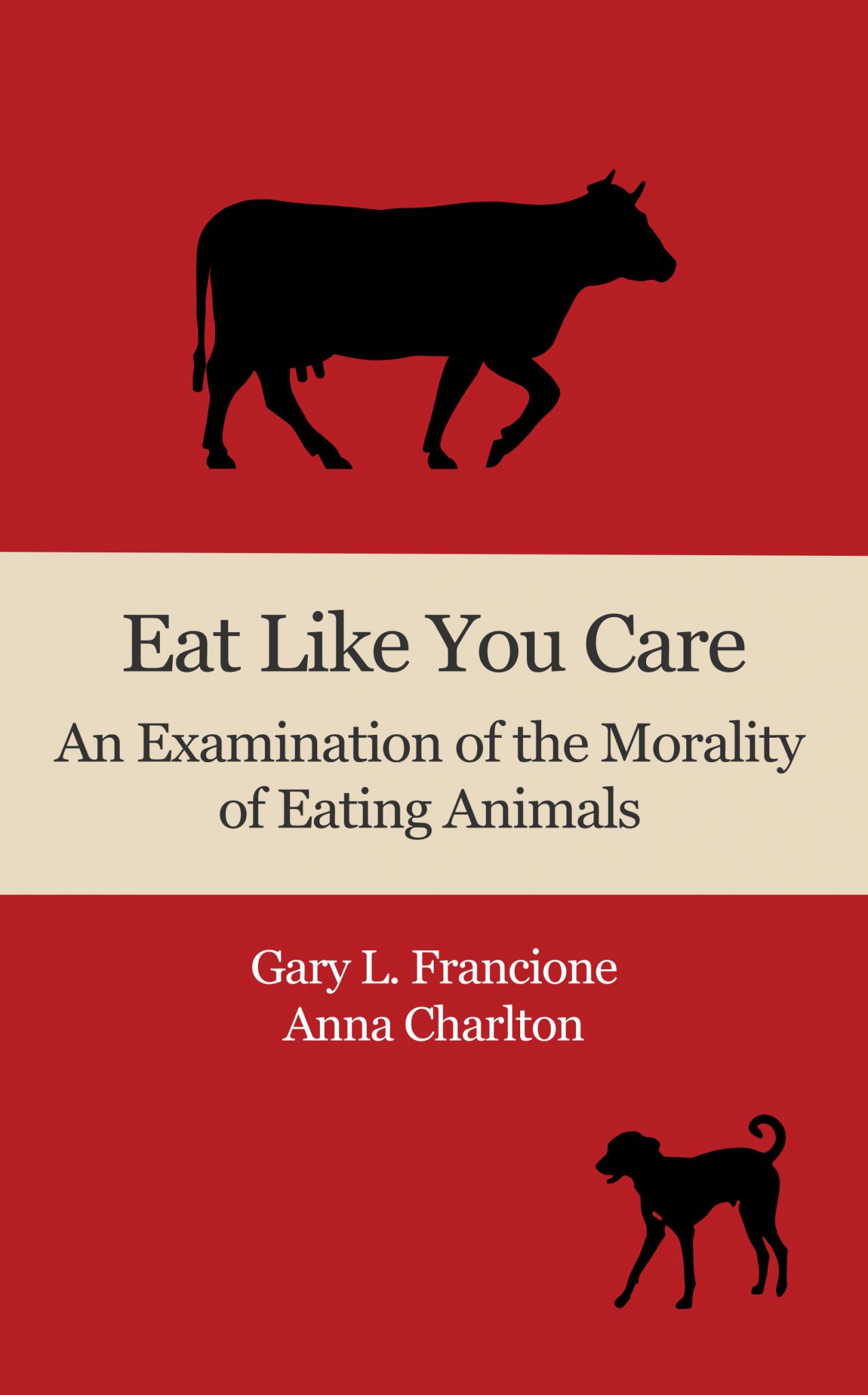
Eat Right, Live Longer: Using the Natural Power of Foods to Age-Proof Your Body
Eat to Live Blog
![]()
Eating Animals (book)
Eating Animals (movie)

Eating Humanely
Eco – Governance
![]()
Eco-Dharma Centre
![]()
Ecoliterate: How Educators Are Cultivating Emotional, Social, and Ecological Intelligence
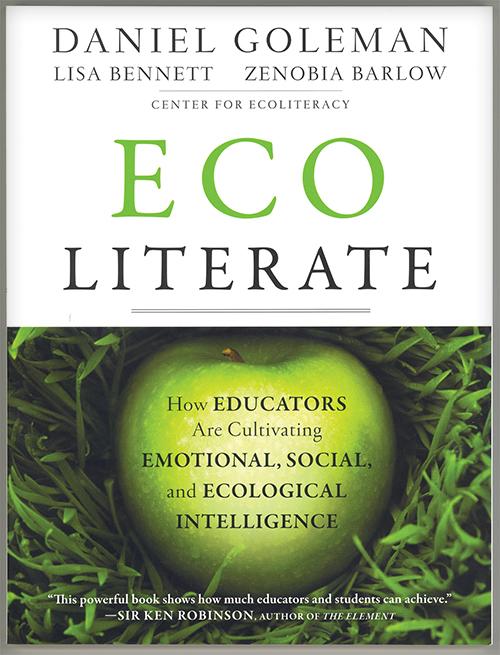
Ecological Medicine: Healing the Earth, Healing Ourselves
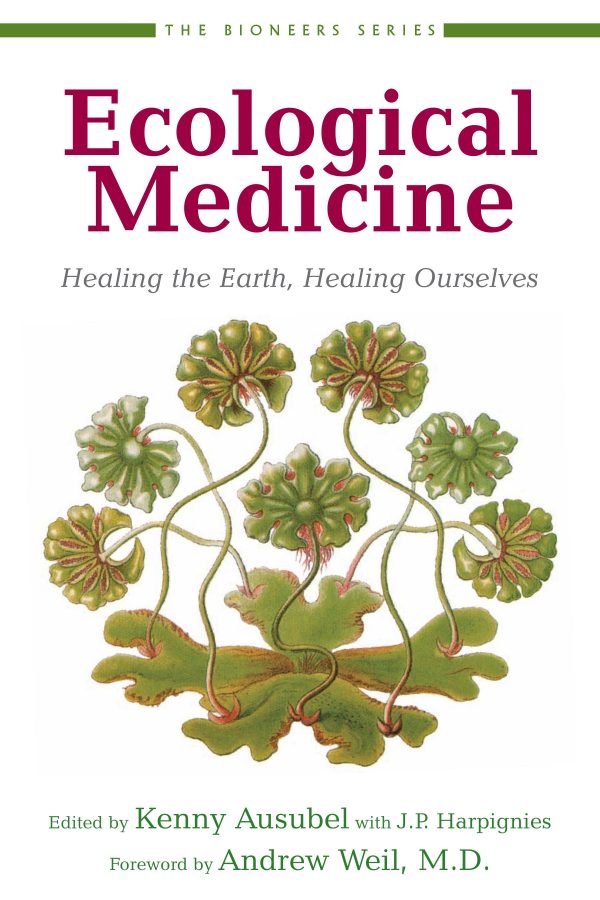
Ecologist issues dire warning about NZ’s freshwater
![]()
Ecology, Ethics, and Interdependence: The Dalai Lama in Conversation with Leading Thinkers on Climate Change
Economics for the Seventh Generation
![]()
Ecovillages (Global Ecovillage Network)
EcoWatch

Eden Farmed Animal Sanctuary

Edible City: Grow the Revolution (2012)
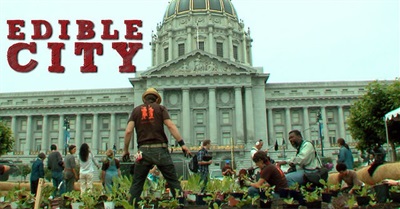
Education For a Sustainable Future (2012)
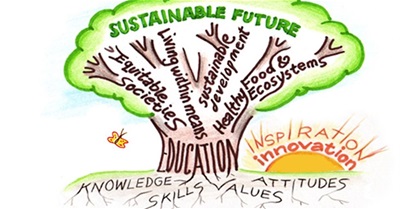
Education for Justice
![]()

